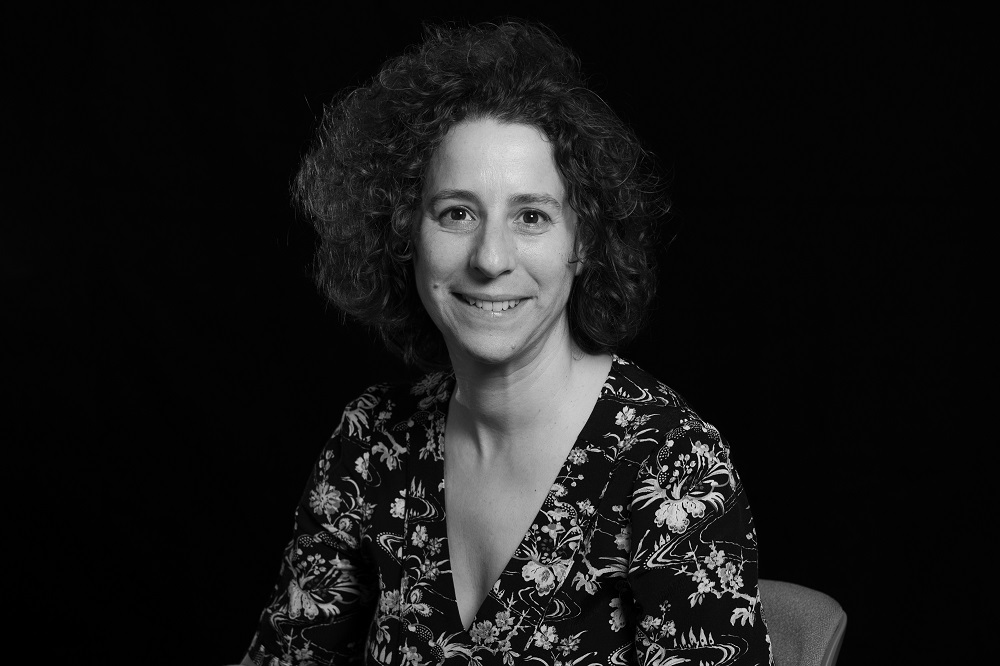How are developing countries adapting their economy to climate change?
Paula Bustos, a new ICREA-UPF research professor, recently initiated the ClimateAdapt project, which received a Consolidator Grant from the European Research Council. Based on newly digitised data from Brazil, it will analyse how labour and capital market frictions are shaping adjustments to climate change.

The research project “Adaptation to Climate Change in Developing Countries” (ClimateAdapt), which is scheduled to have a duration of five years (2024-2029), will analyse how labour and capital market frictions are shaping the response to climate change in developing countries.
Paula Bustos, an ICREA research professor in the Department of Economy and Business at UPF, is the principal investigator for the project, which was awarded a €1.56 million grant (ID: 101088060) in the 2022 call for Consolidator Grants organised by the European Union’s European Research Council, as part of the Horizon Europe programme. The project began on 1 March.
“The purpose of ClimateAdapt is to estimate the effects of climate change on three areas: the local economy of the affected areas, the magnitude of the labour and capital flows it generates and factor allocation across sectors and companies in the destination regions,” asserts Paula Bustos.
Adjustment mechanisms to confront climate change
The rapid pace with which the world’s climate is changing is one of the major challenges of our times: rising temperatures are expected to reduce agricultural productivity in developing countries. In this context of uncertainty, the ClimateAdapt project will explore two potential adjustment mechanisms.
Paula Bustos: “We lack evidence on how labour and capital market frictions shape adjustments to climate change. We are now in the position to produce this evidence”
The first mechanism is to shift economic activity away from agriculture and toward non-agricultural sectors, favouring a reallocation of the agricultural workforce into the manufacturing and service industries, a path which could prove impossible for regions with low industrial productivity. The second mechanism involves migration to areas with better employment opportunities.
This is a field of research with a shortage of direct empirical evidence: “There is rich literature on the relative importance of each margin of adjustment. However, these predictions are subject to a large level of uncertainty. We lack evidence on how labour and capital market frictions shape adjustments to climate change. We are now in the position to produce this evidence”, she concludes.
To conduct ClimateAdapt, the ICREA-UPF research professor will use newly digitised administrative reports on extreme weather events that have occurred in Brazil over the past two decades, a new meteorological measure of excess dryness relative to historical averages and detailed social security and credit registry information.
Paula Bustos will work with a team of three additional researchers: Christoph Albert (Collegi Carlo Alberto, Turin, Italy), Gabriel Garber (Central Bank of Brazil) and Jacopo Ponticelli (Northwestern University, Illinois, USA), with support from current Economics PhD students at UPF Franziska Schwingeler, Luca Looser and Simone Cigna.
Expert in international trade and economic development
Paula Bustos holds a PhD in Economics from Harvard University (USA). In addition to her position as an ICREA-UPF research professor, she has ties to the IPEG and is part of the Barcelona School of Economics’ (BSE) Academic Council. She is also a member of the Center for Economic Policy Research (CEPR) and the European Economic Association (EEA).
An expert in international trade and economic development, her research interests lie in the economic effects of climate change, new agricultural technologies and international market integration.
Before joining UPF, she received an ERC Starting Grant for the project “Economic Development and Structural Transformation” (2017-February 2024) at CEMFI, which explored agricultural productivity and structural transformation, a topic related to her current research project, ClimateAdapt, the continuation of her previous research.
